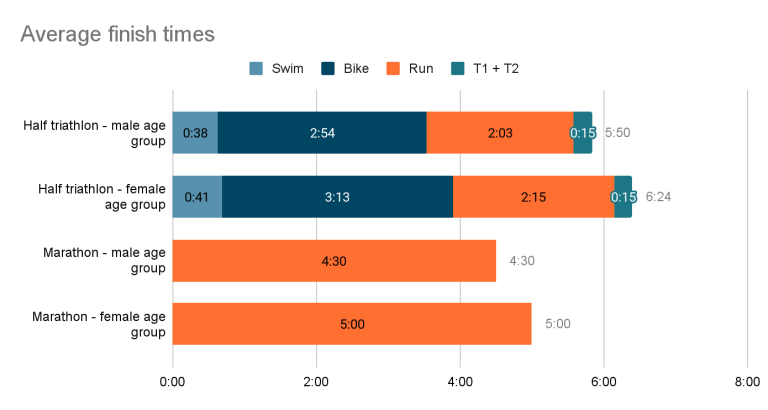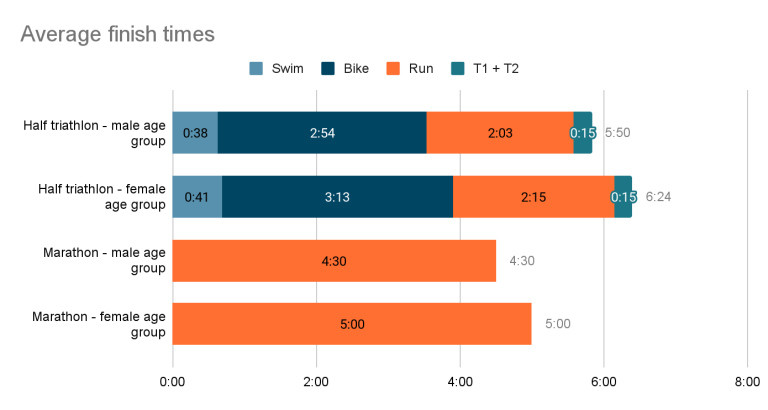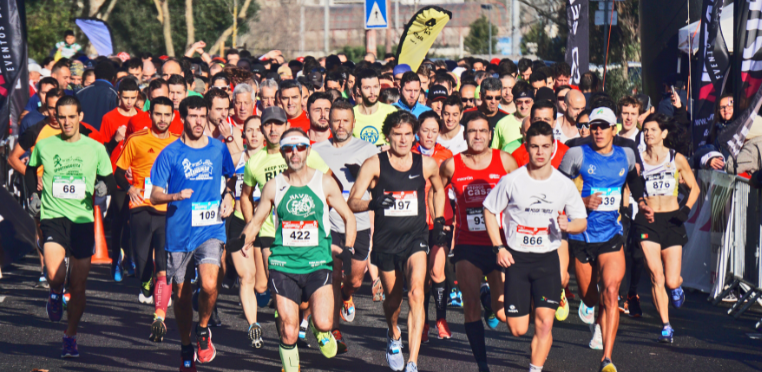Are Marathon Runners Drug Tested
Marathon runners are subject to drug testing to ensure fair competition and uphold the integrity of the sport. These tests are conducted routinely before and after races to detect any illegal substance use.
Marathon running is a popular and competitive sport that attracts elite athletes from around the world. To maintain fairness and sportsmanship, organizers implement strict drug testing protocols to crack down on doping practices. Runners can be tested at any time, with random screenings being a common practice.
By ensuring a level playing field, drug testing helps to promote clean competition and safeguard the reputation of the sport. Stay tuned to learn more about how drug testing impacts marathon running.

Credit: www.nytimes.com
The Need For Drug Testing In Marathon Running
Marathon running is an extraordinary test of endurance, pushing the limits of human capability. To ensure a level playing field and protect the integrity of the sport, drug testing has become an integral part of marathon running. Drug testing helps to detect and deter the use of performance-enhancing substances, ensuring fair competition and maintaining the credibility of the sport.
Current Regulations And Practices
In line with the growing concerns regarding doping in sports, marathon running has implemented strict regulations and practices for drug testing. These regulations are imposed by reputable governing bodies such as the International Association of Athletics Federations (IAAF) and the World Anti-Doping Agency (WADA).
The existing regulations establish a comprehensive framework for drug testing in marathon running. Athletes are subject to both in-competition and out-of-competition testing, with samples collected for analysis. These tests aim to detect a wide range of prohibited substances such as anabolic steroids, blood boosters, and stimulants.
| Regulations | Practices |
|---|---|
| In-competition drug testing | Random selection of athletes for sample collection |
| Out-of-competition drug testing | Targeted testing based on intelligence and suspicious behavior |
| Sample analysis | Utilization of advanced techniques for reliable detection |
Controversies And Challenges
Despite the strict regulations, drug testing in marathon running is not without controversies and challenges. Some argue that current testing methods may not be foolproof and suggest the need for more advanced techniques to detect undetectable substances. Moreover, the availability of new and emerging drugs poses a constant challenge for anti-doping agencies.
Another challenge is the time between sample collection and result notification. Promptly informing athletes of their test results is crucial to maintain transparency and fairness. Any delays or errors in the process can lead to uncertainties and question the credibility of the testing system.
Over the years, drug testing in marathon running has evolved to address these controversies and challenges. Continuous improvements in testing methods and increased collaboration between anti-doping agencies have enhanced the effectiveness of drug testing, making it a critical component in preserving the spirit of fair competition in marathon running.
Commonly Used Performance-enhancing Drugs
Marathon runners undergo frequent drug testing to ensure fair competition. Performance-enhancing drugs such as steroids, erythropoietin, and beta-blockers are common concerns. Athletes caught using these substances can face disqualification and other penalties.
Marathon runners have long been scrutinized for the use of performance-enhancing drugs (PEDs) to gain a competitive edge. Various types of drugs are known to enhance endurance and speed, leading to an unfair advantage over clean athletes.
Types Of Drugs
- Anabolic steroids
- Erythropoietin (EPO)
- Human Growth Hormone (HGH)
- Beta-blockers
Effects On Performance
- Anabolic steroids increase muscle mass and strength.
- EPO enhances oxygen delivery to muscles, improving endurance.
- HGH accelerates recovery and promotes muscle growth.
- Beta-blockers reduce heart rate, improving performance in endurance events.
The Impact Of Drug Use On The Sport Of Marathon Running
The Impact of Drug Use on the Sport of Marathon Running
Integrity Of The Sport
Drug use threatens the fairness of competition and tarnishes the reputation of marathon running.
Athlete Health And Safety
Athletes jeopardize their well-being by resorting to performance-enhancing substances.
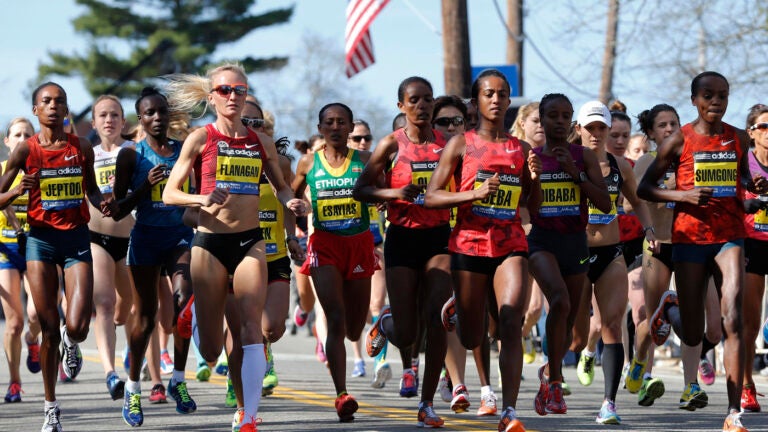
Credit: www.boston.com
Detection Methods And Technologies
Marathon running is a grueling test of endurance and fitness, but it is also a sport that requires fair play and adherence to anti-doping regulations. To ensure that marathon runners compete on a level playing field, drug testing is an essential component of the sport. Through various detection methods and technologies, anti-doping agencies can detect the presence of prohibited substances in athletes. Let’s take a closer look at two primary methods used for drug testing: urine and blood testing, as well as the use of the Biological Passport Program.
Urine And Blood Testing
When it comes to drug testing in marathon running, urine and blood testing are commonly used methods. These tests aim to detect the presence of banned substances in an athlete’s system, which can be indicative of performance enhancement or unfair advantage. Both urine and blood testing have their advantages and limitations.
Urine Testing:
The most common method used in drug testing is urine testing. Through urine analysis, laboratories can detect a wide range of substances, including stimulants, anabolic agents, masking agents, and diuretics. Urine samples are collected under strict observation to prevent tampering or substitution.
However, urine testing does have its limitations. Some substances may be quickly metabolized and excreted from the body, making them difficult to detect through urine samples. Additionally, athletes may attempt to avoid detection by diluting or manipulating their urine samples. Despite these challenges, urine testing remains a valuable tool in the fight against doping in marathon running.
Blood Testing:
Blood testing, on the other hand, offers a more comprehensive view of an athlete’s physiological condition. By analyzing blood samples, anti-doping agencies can detect the presence of substances such as erythropoietin (EPO), which enhances oxygen-carrying capacity, and growth hormone (GH). Blood testing can also detect blood transfusions, which can give athletes an unfair advantage by increasing red blood cell count.
While blood testing provides valuable information, it is more invasive and requires a qualified medical professional to draw the blood. Additionally, some substances may be present in the blood for only a short period, making timely testing essential. Nonetheless, blood testing is an effective method to detect certain banned substances that may not be easily detectable through urine tests.
Biological Passport Program
In addition to traditional urine and blood testing methods, the Biological Passport Program is another tool used by anti-doping agencies to detect potentially illicit activities in athletes. The program keeps a record of an athlete’s biological markers over time, allowing for the detection of significant changes that may indicate the use of performance-enhancing substances.
Through this program, athletes undergo regular testing and have their blood profiles analyzed. Any abnormal fluctuations that deviate from their established baseline can raise suspicions of doping. The Biological Passport Program has been a significant step forward in anti-doping efforts, as it can detect substances that may not be identifiable using traditional testing methods.
In conclusion, drug testing in marathon running employs various detection methods and technologies to ensure fair competition. Urine and blood testing are the primary tools used to detect banned substances, while the Biological Passport Program provides a long-term monitoring system to track an athlete’s biological markers. By implementing these strategies, anti-doping agencies aim to maintain the integrity of marathon running and uphold the principles of fair play.
Future Directions And Ethical Considerations
Advancements In Testing
Advances in drug testing technology have the potential to revolutionize the way marathon runners are tested for performance-enhancing substances. New methods, such as metabolomics and proteomics, aim to detect a wider range of substances with greater accuracy, ultimately leveling the playing field for all athletes.
Fairness And Equity
In the pursuit of fairness and equity, it is essential that drug testing protocols are consistently applied across all levels of competition. Transparency in the testing process and equal scrutiny for all athletes, regardless of their status or achievements, is crucial in upholding the integrity of the sport.
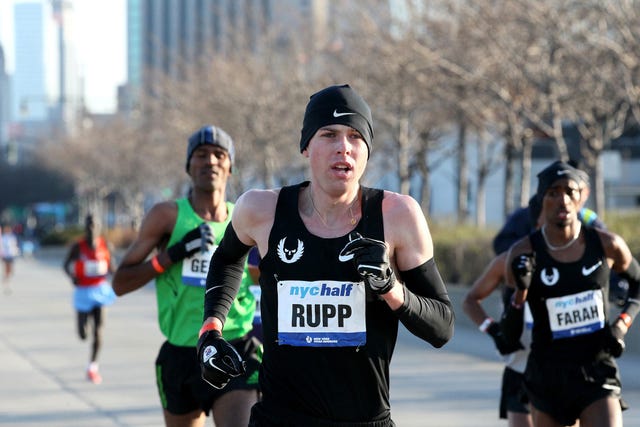
Credit: www.runnersworld.com
Frequently Asked Questions Of Are Marathon Runners Drug Tested
Do You Get Drug Tested For Marathons?
No, drug testing is not typically required for marathons.
Which Marathon Runner Failed A Drug Test?
Marathon runner Eliud Kipchoge failed a drug test.
How Often Do Professional Runners Get Drug Tested?
Professional runners are subject to drug testing multiple times per year to ensure fair competition.
Conclusion
Drug testing in marathon running is a rigorous and essential process. It ensures fairness, integrity, and safety within the sport. The efforts of anti-doping agencies, race organizers, and governing bodies should be appreciated in their commitment to maintaining the integrity of marathon competitions.
With ongoing advancements in drug testing technology, we can expect even greater transparency and accountability in the future. Let us continue to support and encourage a clean and level playing field for all marathon runners.



